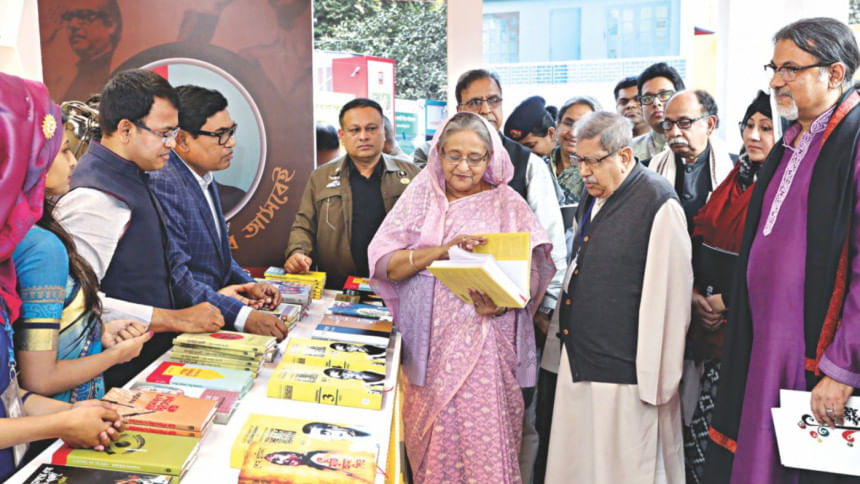Time for coordinated efforts to spread Bangla

We live in a world that would be inconceivable without translation. We live in a time when translation does more than guide us into texts from other cultures and territories; it also allows us a peek inside a shifting cultural landscape where the emergence of the information society, combined with the rise in cultural tourism, meant that cultural goods and services are treated as commodities. These cultural products—of which literary translation is one—flow not just between countries with proximate cultural tastes, but across the globe, benefitting the exporting countries in more ways than one. The growing realisation in Bangladesh of the need to take advantage of its unique cultural goods is thus a step in the right direction, which most recently found a thumping endorsement from Prime Minister Sheikh Hasina.
The PM, while inaugurating the month-long Amar Ekushe Grantha Mela 2020 on February 2, stressed the need for increasing translations of Bangla literature. "We want to spread our art, literature and culture not only across our country but also on the international stage," she said, highlighting the role of translation as a means to that end. She adds: "We want the people of different languages of the world to know about our literature and our culture." We cannot agree more. Bangla is known for its rich literature and people around the world should know about the works of the great writers and novelists of this land. Unfortunately, language remains an insurmountable deterrent to foreign readers. As well as the language barrier, there is a palpable lack of vision and policy initiatives to transform our cultural goods into commodities for a global audience. This is partly the reason why not many people outside Bangladesh or West Bengal are aware of the writers who, for example, emerged after the independence of Bangladesh. There have been only a few attempts to translate Bangladeshi writers into other languages, and even the quality of most of the translations that are available is questionable.
We need well-planned and well-funded efforts to present translations of our literature on the world stage. We also need to tap other markets for a wider audience for Bangladeshi literature—original or translated—which can breathe new life into our moribund publishing industry. For this, the government should work in tandem with the private actors to create an environment in which writer and translators are encouraged to produce quality works that will spread Bangla culture and literature across the world.

 For all latest news, follow The Daily Star's Google News channel.
For all latest news, follow The Daily Star's Google News channel. 



Comments